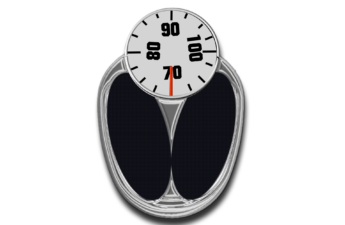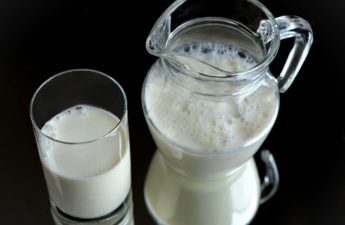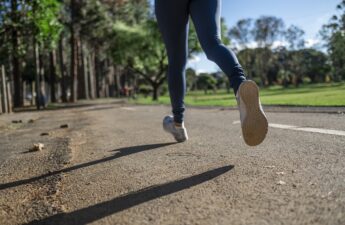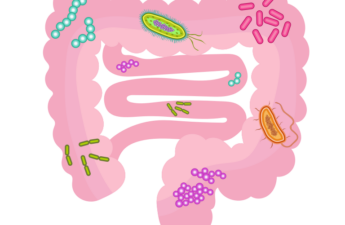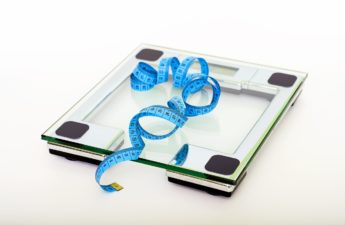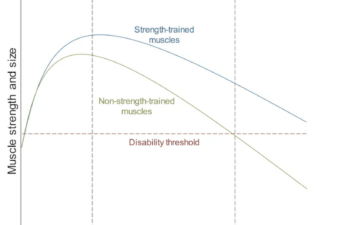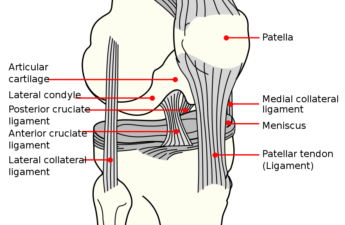Category: Fitness
Considering taking a weight-loss drug like Ozempic? Here are some potential risks and benefits
As they’ve grown in popularity, we’ve also heard more about the potential side effects – from common gastrointestinal discomforts, to more serious mental health concerns.
Heart rate zones aren’t a perfect measure of exercise intensity, but regularly getting your heart pumping is still important for fitness
With varying guidelines around heart rate zones and conflicting evidence on the potential benefits of training in each zone, exercisers may be left wondering what to do.
Millions of older people don’t get enough nutrients – how to spot it and what to do about it
Weight loss in older adults is a key sign of malnutrition that needs to be addressed – but it can be easily missed, especially when many older adults associate the idea of thinness with good health. But clothing that’s too loose or a watchstrap that floats on the wrist are all warning signs of undernourishment.
Running or yoga can help beat depression, research shows – even if exercise is the last thing you feel like
We found walking, running, strength training, yoga and mixed aerobic exercise were about as effective as cognitive behaviour therapy – one of the gold-standard treatments for depression.
How much weight do you actually need to lose? It might be a lot less than you think
Losing just 5–10% of our body weight – between 6 (~13 lb.)and 12kg (~26 lb.) for someone weighing 120kg (~264 lb.) – can significantly improve our health in four key ways.
Your body already has a built-in weight loss system that works like Wegovy, Ozempic and Mounjaro – food and your gut microbiome
Specialized bacteria in your lower gut take the components of food you can’t digest like fiber and polyphenols – the elements of plants that are removed in many processed foods – and transforms them into molecules that stimulate hormones to control your appetite and metabolism.
As Zepbound dominates headlines as a new obesity-fighting drug, a nutritionist warns that weight loss shouldn’t be the only goal
Weight loss medications are intended to be used in conjunction with lifestyle changes, such as exercise and a healthy diet. But too often, people view them as a silver bullet for weight loss. And the high price tag and variable insurance coverage for these popular weight loss drugs create a barrier for many people.
Cardio or weights first? A kinesiologist explains how to optimize the order of your exercise routine
When you enter the gym, which way should you head first? Toward the treadmills and spin studio to get your sweat on with a cardio session? Or toward the free weights and strength-training machines to do some resistance training? The answer to this question is … it depends.
Resistance (exercise) is far from futile: The unheralded benefits of weight training
For too long, though, one way of keeping fit, aerobic exercise, has been perceived as superior to the other, resistance training, for promoting health when, in fact, they are equally valuable, and both can get us to the same goal of overall physical fitness.
What does weight-inclusive health care mean?
Weight-inclusive health care means a focus on better health with no weight loss required.
Can I actually target areas to lose fat, like my belly?
Our bodies decide where we store fat and where we lose it from first. And over-the-counter pills and supplements cannot effectively target fat loss either.
Steep physical decline with age is not inevitable – here’s how strength training can change the trajectory
As people age, it can become more and more difficult to perform some physical tasks, even those that are normal activities of daily living. However, prioritizing physical fitness and health as you get older can help you go through your normal day-to-day routine without feeling physically exhausted at the end of the day.
What is the OMAD diet? Is one meal a day actually good for weight loss? And is it safe?
Like most weight-loss programs, the OMAD diet makes big and bold promises. Here’s what you need to know about eating one meal a day and what it means for weight loss.
Can counting steps help you lose weight?
Tracking daily step counts can be a useful tool for weight management – an exercise scientist parses the science
ACL injuries can lead to osteoarthritis later in life – here’s what you need to know
Aside from the pain of an ACL injury and potential need for reparative or reconstructive surgery, there’s also another long-term consequence of serious knee trauma: post-traumatic osteoarthritis.
